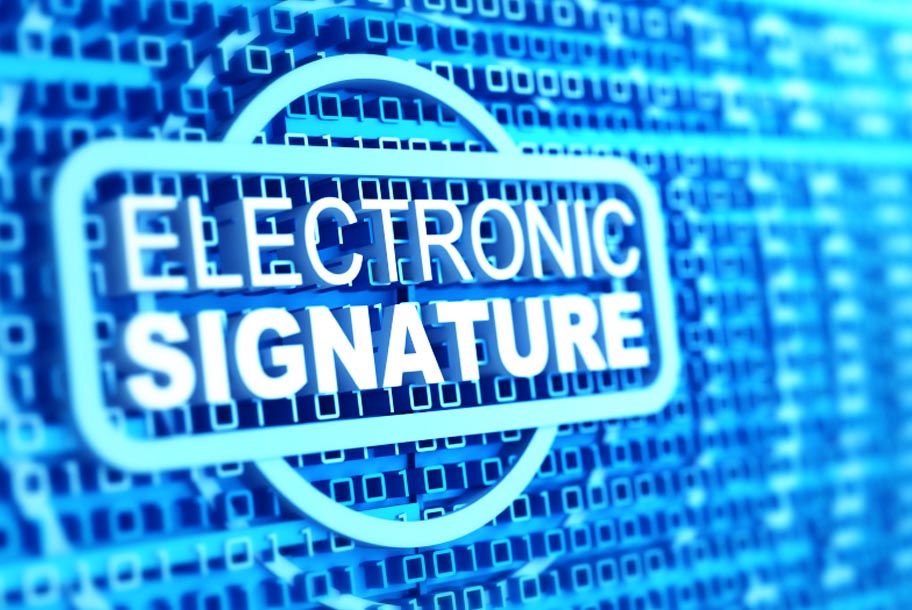The FDA’s regulation on electronic records and electronic signatures represents an equal approach that eases the management of paperless systems. Such systems are said to bring a great variety of advantages like: reduced cost when it comes to data storage; much better ability to merge, exchange and search data; speeded up process of information exchange; decreased percentage of variability and errors.
Electronic records and electronic signatures have the same meaning and importance as paper records and hand-written signatures. In essence, Electronic Records consist of records with GxP information and reports, System security records, E-signatures and audit trails.
E-signatures, on the other hand, are applicable to Certificate of Analysis, Batch Record, Lab Note Book etc. What is more, the latter is a way to encode but it requires 2 pieces of independent data so that the signatory can be specified. Electronic signatures are also required to be linked to the document they are applied to. Finally, they and must be depicted as secure and legally valid.





